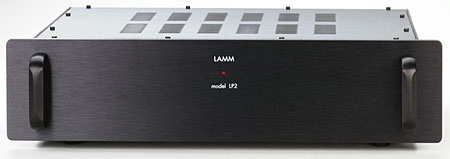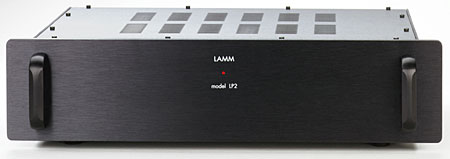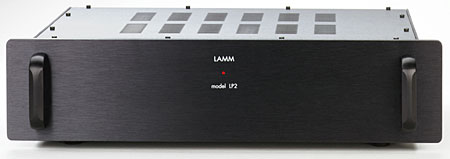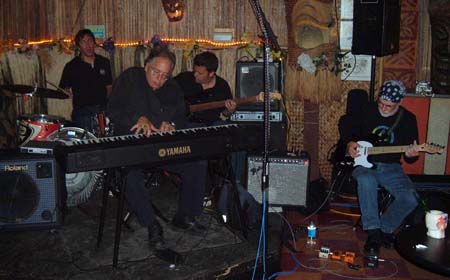
Burlwood TT's and Hemp Drivers...
- Read more about Burlwood TT's and Hemp Drivers...
- Log in or register to post comments




Apologies if this has been answered elsewhere, but I'm curious about the format of the digital Stereophile. I have a paper subscription, but was thinking about adding a digital subscription because I do a lot of work travel and it would be nice to be able to access the magazine on the road (when I've stupidly left the magazine behind).
Is it published as a .pdf? Or is it some other form of electronic document? The reason I ask is that ideally I'd like to be able to access it with my iPod Touch, and .pdf would work for this.
Thanks!
I am a longtime Folding @ Home participant, so I was thrilled to see the
SETI Distributed Computing project
ive been on for a while. Check it out, join up!
...and other interesting things.
http://www.audiowood.com/index.html